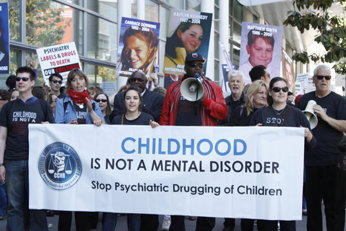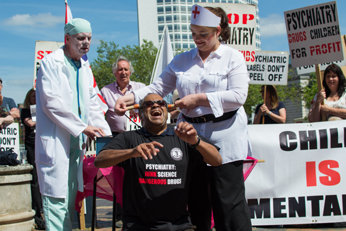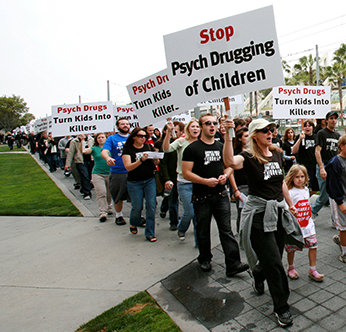
-
HOME
-
WHAT IS STANDOur Mission Our Values Our Help Contact
-
WHAT WE FIGHT FORReligious Freedom Religious Literacy Equality & Human Rights Inclusion & Respect Free Speech Responsible Journalism Corporate Accountability
-
RESOURCESExpert Studies Landmark Decisions White Papers FAQs David Miscavige Religious Freedom Resource Center Freedom of Religion & Human Rights Topic Index Priest-Penitent Privilege Islamophobia
-
HATE MONITORBiased Media Propagandists Hatemongers False Experts Hate Monitor Blog
-
NEWSROOMNews Media Watch Videos Blog
-
TAKE ACTIONCombat Hate & Discrimination Champion Freedom of Religion Demand Accountability
A STAND Against Today’s False Prophets: Psychiatrists
“Watch out for false prophets. They come to you in sheep’s clothing, but inwardly they are ferocious wolves. By their fruit you will recognize them.”—Matthew 7:15-23
Many years ago, I was a teacher in a county program working with handicapped students in the classroom, using high school and college volunteers to provide a one-to-one teaching situation. The training depended on the student’s ability level and could include anything from learning to eat with a spoon to toilet training to reading and writing. Periodically we met with interested parties—parents, psychologists, speech therapists, educators and a psychiatrist—in an effort to coordinate our various activities. For the most part we were a bunch of enthusiastic proponents of the handicapped children’s best interests.

The lone psychiatrist on the panel, however, operated from a different playbook. He scoffed at our reports of progress—he knew these “morons couldn’t learn” and challenged us to prove our progress. We did—because we were part of a statewide pilot project enabled by legislation, so proving progress was hard-wired into everything we did. The psychiatrist told us that we were offering false hope to parents and should put their kids into the state institution and make the parents realize there was no hope. Over and over, the same story, the same pessimism, the same negativity. I once regarded psychiatrists as wise and knowledgeable, but this experience taught me otherwise, and we quickly learned to disregard the psychiatrist’s advice and went on doing everything we could to help the kids.
I personally think that we all have failings and shortcomings, and the most interesting and important quest one can engage in is helping others improve.

The desire to help is so powerful that failing to help can even make a person think that help is impossible. An important question to ask someone in that state is “Whom have you failed to help?”
People who have failed to help feel that help is impossible and cause trouble for others trying to help. Like that psychiatrist, they think that help is phony, doesn’t work, is a waste of money or is only a scam. So in their eyes, everyone who offers help is a crook, and thus we come to the idea of false prophets.

Psychiatry attacks religion as a scam because psychiatrists have decreed that the idea of a soul or spirit is only hallucination—human beings are merely pretentious animals—and thinks that any attempts to offer spiritual help are phony. Psychiatry has become so degraded on the subject of help—convinced through its own failures to help that help is impossible—that it has pushed drugs as a solution to the point that one American out of six now takes psychiatric medications. This despite numerous studies showing that they are little better than placebos, have terrible side effects, and that most depression and anxiety can be alleviated by such simple activities as proper sleep, diet and exercise.

And as a final last desperate attempt to have any effect at all on human beings, psychiatry is hard at work attempting to promote a return to the horrors of electroshock and the use of such drugs including LSD and ecstasy as “treatment” for some of the more than 300 maladies voted into existence by psychiatrists and cataloged in their Diagnostic and Statistical Manual. Some people are hard to help, but none is more difficult than the psychiatrist, who no longer believes that help is possible and who attacks viciously anyone who even suggests that individuals can improve.
For the psychiatrist who was so negative about the prospects of those handicapped children—as well as for other practitioners who have become as wolves in sheep’s clothing—I have a question: “Whom have you failed to help?” That question, asked and answered over and over, can bring relief, improvement and help make a better world for us all.








